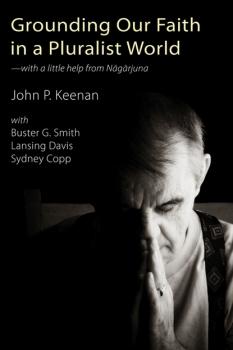ТОП просматриваемых книг сайта:
Sydney Lea
Список книг автора Sydney LeaАннотация
This book draws upon the Mahayana philosophy developed within Buddhism, employing it as a means to empty our usual alternatives for viewing the world's many religions–whether exclusivism, inclusivism, or pluralism. The aim is to free people from clinging to intellectual positions, enabling them gently but committedly to affirm their vernacular tradition as it is practiced on the ground. It critiques the above three options, and introduces the Mahayana philosophy of emptiness and dependent arising, along with its distinction between ultimate truth and conventional truth. It then applies this philosophy to an urgent question that bedevils modern people: how to practice one's chosen faith in the awareness of many other honored and attractive paths, both elegant and efficacious.
Аннотация
These poems–selected from the award-winning poet's output over four decades–more explicitly than any of his prior volumes address the centrality of Christian vision to his aims and aspirations. Lea looks unflinchingly at all that may challenge his faith: the cruelties of both natural and human worlds, the attractions of jolly, good-hearted secularism, the distortions of doctrinaire religiosity, the seeming pointlessness of untimely deaths; but his faith in Christian redemption shines through even the bleakest of his poems.


